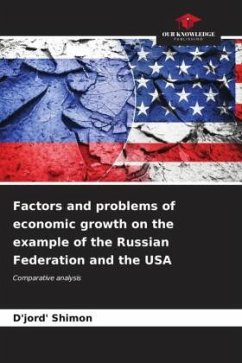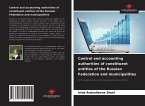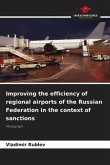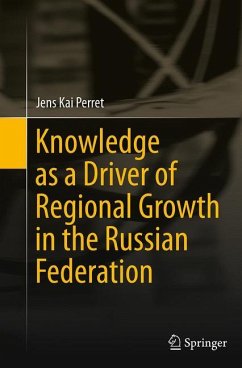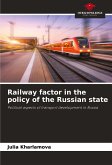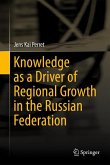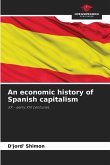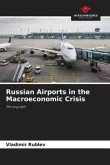The monograph examines the issues of operating the economic mechanism in modern conditions on the example of two major countries - Russia and the United States. The theoretical framework of the study includes neo-Keynesian, neoclassical and endogenous growth models with a special emphasis on the so-called common, or world model. The author analyzes the role of both fundamental and complex factors of economic growth with different types of technological progress. Among the main types of physical capital are fixed capital, arable land and natural resources, namely oil and gas reserves. Human capital is made up of the education level of employed workers and R&D. Its basic component is the working person. International economic conditions include world market pricing, exchange rates, foreign loans and FDI. For the econometric analysis of the period 1950-2020, we chose a general growth model based on data from 131 countries and taking into account not only physical and human capital, but also time as an event space of creative economic activity.
Bitte wählen Sie Ihr Anliegen aus.
Rechnungen
Retourenschein anfordern
Bestellstatus
Storno

